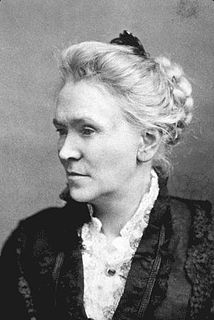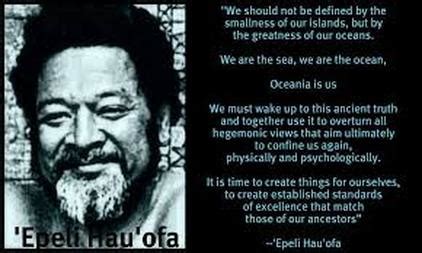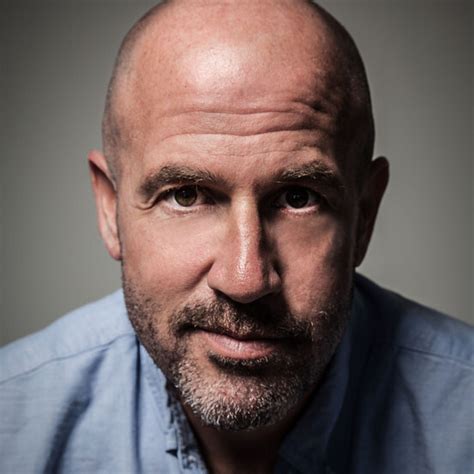A Quote by Gregory Orr
With "poets dead and gone" as Keats says in "Mermaid Tavern" they are alive and talking to us and us to them.
Related Quotes
... we did decide to trust Christ, but the reason we made that decision is that God had first made us spiritually alive. ... God comes to us when we're spiritually dead, when we don't even realize our condition, and gives us the spiritual ability to see our plight and to see the solution in Christ. God comes all the way, not partway, to meet us in our need. When we were dead, He made us alive in Christ. And the first act of that new life is to turn in faith to Jesus.
When poets die, other poets take it personally, almost as an affront. A lot of us "left behind" are thinking that poetry is the one thing keeping us alive and present, so what does it mean when one of our ranks chooses to end his or her life? There's an anger beneath the grief, you know? That anger and grief, in turn, breeds other poems from those of us left behind.
That the past is ahead, in front of us, is a conception of time that helps us retain our memories and to be aware of its presents. What is behind us [the future] cannot be seen and is liable to be forgotten readily. What is ahead of us [the past] cannot be forgotten so readily or ignored, for it is in front of our minds' eyes, always reminding us of its presence. The past is alive in us, so in more than a metaphorical sense the dead are alive - we are our history.







































